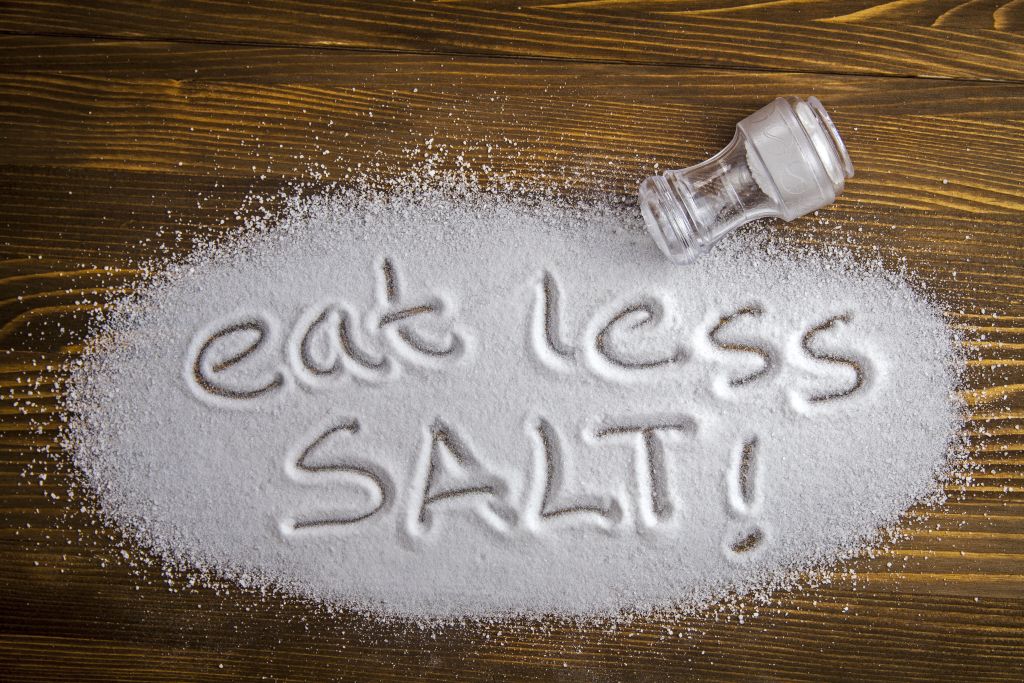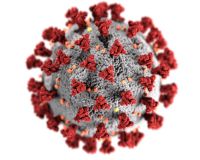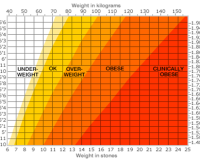
Salt
‘A high salt intake holds onto water, increases blood pressure and increases thirst making it harder to follow your kidney diet and fluid restriction. The Kidney (Renal) Dietitians explain here why it is better to leave the salt in the sea!’
Salt or sodium chloride is needed in very small amounts in the body for maintaining water balance, healthy blood pressure and healthy muscles and nerves. However, too much salt in your kidney diet may lead to increased thirst, high blood pressure and cause your body to hold onto too much fluid. This extra fluid puts extra pressure on your heart to pump blood around your body, thus the more fluid you retain the higher your blood pressure will be. Increased thirst can make it difficult to maintain your fluid restriction.
Even without adding salt to your food, you can easily get more than you need by including processed foods that have a high salt content in your kidney diet. It can take up to six weeks for your taste buds to adjust to having less salt, but soon you should find that you are enjoying the real flavour of your food.
To reduce your salt intake:
- Avoid using salt at the table and if needed use only a pinch of salt in cooking.
- Choose fresh foods instead of processed and canned foods.
- Use herbs and spices instead of salt in cooking and at the table.
- Check food labels for the salt / sodium content to help make healthier choices.
It is important not to use salt substitutes such as Lo Salt and So-Low, as they are very high in potassium.
Avoid having the following foods as they contain large quantities of salt:
- Bacon, sausages, black and white puddings processed meats (corned beef, salami, pate)
- Frozen and take away meals, convenience foods, meals containing soy sauce.
- Smoked fish and fish pastes
- Tinned vegetables (unless marked ‘no added salt’)
- Tinned and packet soups, casserole mixes (e.g. Bovril, Oxo, Marmite), stock cubes
- Bottled canned and packet sauces and tomato juice
- Crisps, salted biscuits (e.g. Tuc, Ritz) and other salted snacks e.g. nuts and popcorn
- Keep to less than 100g (4oz) cheese a week. Refer to your individualised dairy allowance as provided by your Renal (kidney) Dietitian.
- Avoid salt substitutes.


